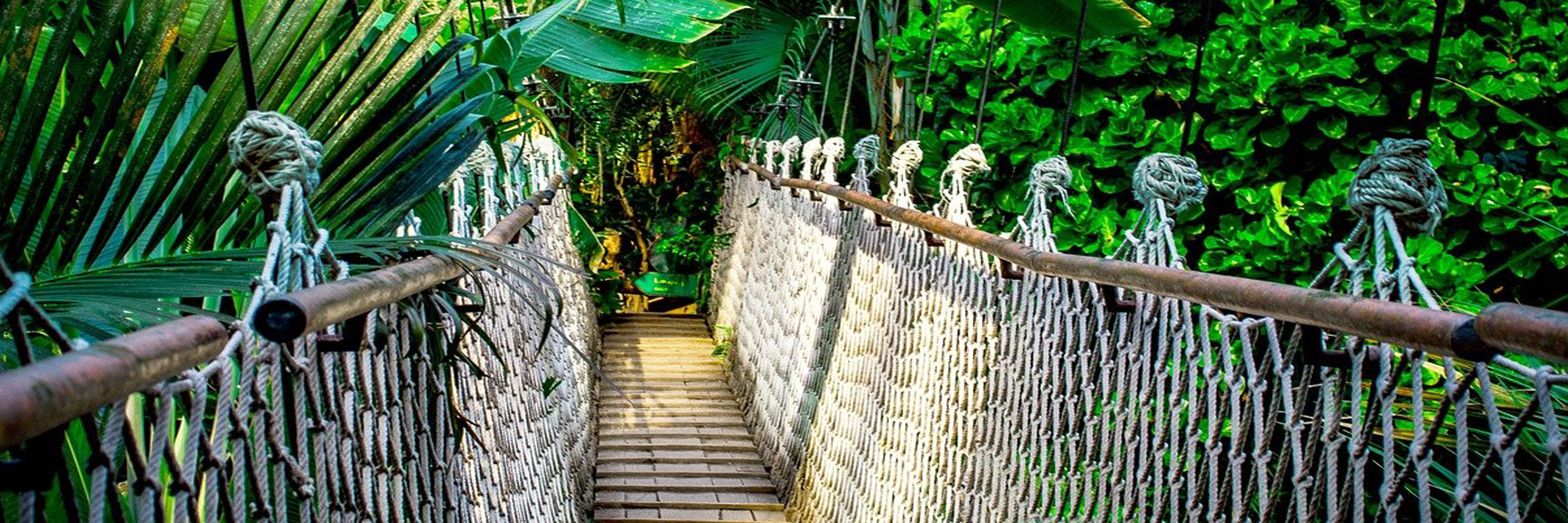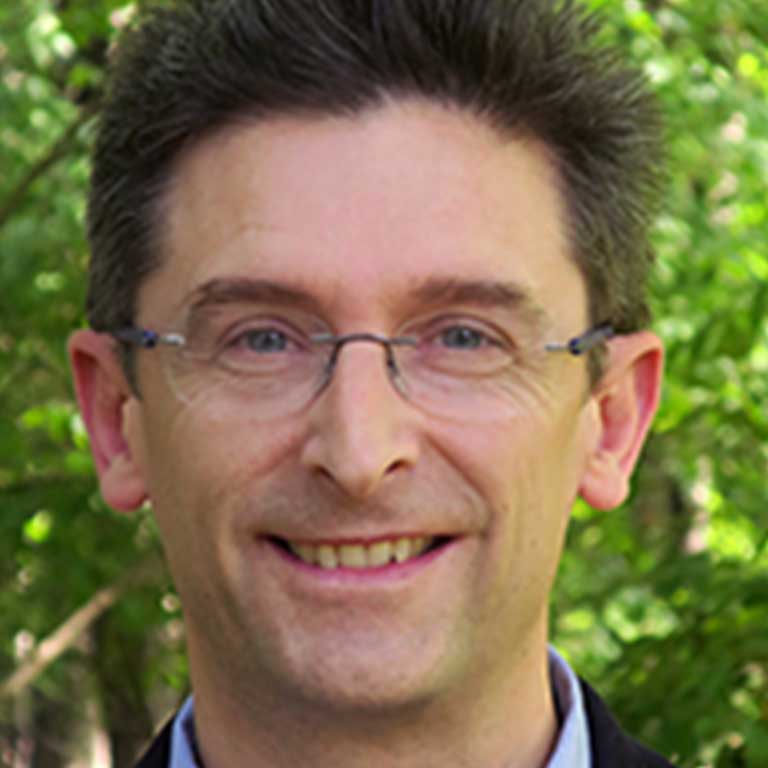Through his section of COLL-C 104, Language Hotspots and Biodiversity, Dr. David Stringer shares the reality of language and cultural extinction and its connection with threats to biodiversity. Because of the nature of the topic, the course is interdisciplinary as well as everchanging.
An interview with Dr. David Stringer, Associate Professor and Director of Undergraduate Studies in the Department of Second Language Studies, is below.
Why is it important for students to take this course? What knowledge or skills do you hope they gain?
Dr. Stringer: People are generally aware that the world is undergoing a biodiversity crisis. But there is much less awareness that we’re also witnessing a mass extinction of languages and cultures, or that these things are all related. Biodiversity hotspots are defined in terms of a multiplicity of threatened species; similarly, language hotspots are geographical regions with extremely rich variation in languages, many of which are endangered.
Languages are disappearing at a rate of about one every two weeks, due mainly to environmental destruction linked to agroindustry, mining, pollution, insecurity of land tenure, urbanization, and corporate colonialism. It’s important to raise awareness of the interconnectedness of human cultural diversity and biodiversity and promote ideas that tie together language revitalization and ecosystem conservation.
This course encourages students to think critically and creatively about the relations between language, culture, and nature. It fosters an interdisciplinary mindset because these problems can only be solved by working across traditional disciplines. Students read sources in fields such as linguistics, anthropology, and tropical biology, and they have to consider whether the source material comes from academics, missionaries, or NGOs when they evaluate the readings and form their own ideas.
What, to you, is the most interesting aspect of this course?
Dr. Stringer: An important part of this course is learning about the beauty and wonder of diversity on the planet - human cultural diversity, and diversity in the realms of animals and plants.
Languages and cultures are more diverse that most people imagine, and they can encode ecological knowledge in fascinating ways. It’s also interesting for people raised with only one language to realize that most humans are bilingual or multilingual. So even though part of the focus is on crisis and endangerment, for me the most interesting parts of the course are all those ‘wow’ moments when you realize that there are so many other ways of thinking about the world, so many unique animal adaptations, so many weird and wonderful chemical properties of plants that are useful to humans.
What, if anything, do you learn from teaching it?
Dr. Stringer: I learn something new every time I teach this course. Part of that comes from the students themselves as they share their own experiences, family stories, or passions.
Students may know about traditional herbal remedies from Indiana, or they may have travel stories, or insights from their grandparents in other countries. Some students bring a perspective from environmental law, or sustainability studies, or geography, or art, or dance, depending on what their majors are. And another part of it is that the world keeps changing - the situations in the Amazon, the Congo, New Guinea, etc. are always dynamic, so I keep up to date and am always learning new things.
Are there any assignments that you are particularly excited about?
Dr. Stringer: There are three assignments I particularly love: one is the student presentations - groups of three or four students give a slideshow about a particular conservation project, so we have images and stories from all around the world; the second is the school visits - there is a community outreach component, for which the IU students visit elementary schools in Bloomington and give an interactive slideshow (this is fun); and the third is the new film series I'm organizing with Themester and the IU Cinema, called Islands of Resilience - students will get extra credit for participation.




 The College of Arts
The College of Arts